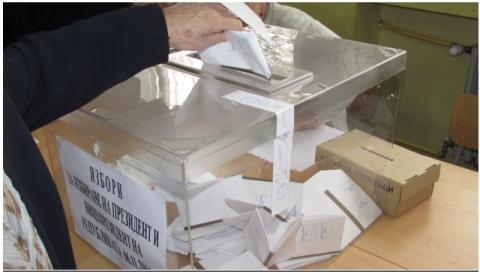Communists vs Anti-Communists: Is Bulgaria Still Divided?

As Bulgaria's presidential candidates have been trading increasingly vicious blows bidding to become the next head of state on Sunday, an issue that long dominated the public debate has resurfaced: the division of "communists" and "anti-communists" in the public space.
To raise the issue twenty-seven years into democracy - an anniversary celebrated this week - seems strange for a country that has been an EU member since 2007 and became a NATO state three years earlier, having confirmed its Western orientation in the 1990s and not having seen a major political party deny it since then. What is more, most Bulgarians clearly prefer their country to remain in the EU and there has not been any widespread anti-Western movement even as the migrant crisis and Brexit called European unity into question.
So, Why Even Talk about It?
It all began just after the presidential election's first round, when exit poll results were announced giving an edge to Rumen Radev, the candidate backed by the opposition Bulgarian Socialist Party (BSP) whose running mate is an MEP with the party.
"There is a risk that Bulgaria will wake up next week to a President who is a red general," Health Minister Petar Moskov, a member of right-wing DSB party, said. "I want Bulgaria to continue being part of NATO and the EU, so there is one single line despite all the differences between GERB and RB," he said, in a reference to the main ruling GERB party and its junior coalition partner Reformist Bloc (RB), of which DSB was part until earlier this week.
Bozhidar Lukarski, the leader of UDF party which is a key member of the RB, added that it was important not to allow "Communists" to return to power. "We removed the Communists and now do not expect from us...
- Log in to post comments










